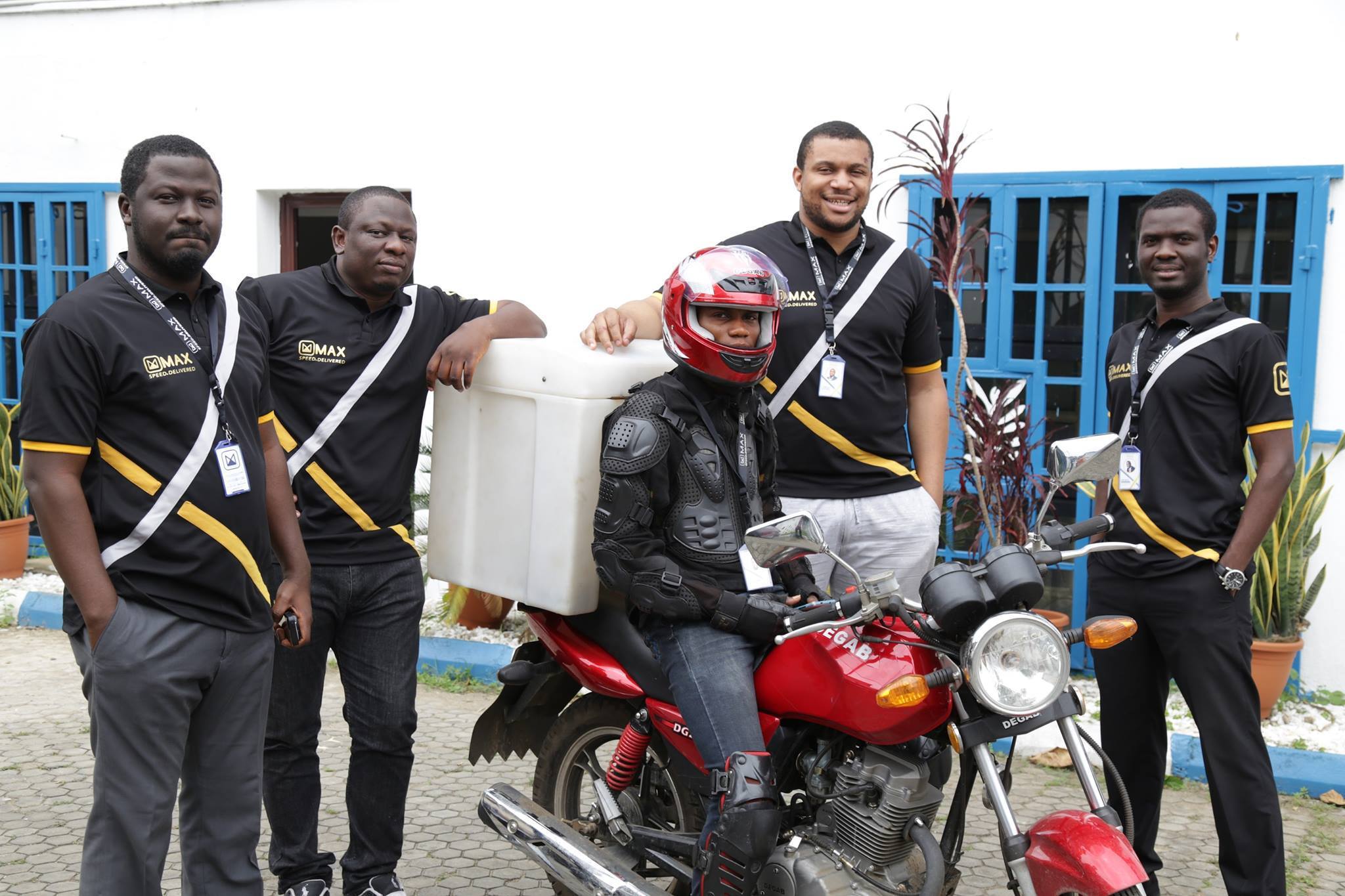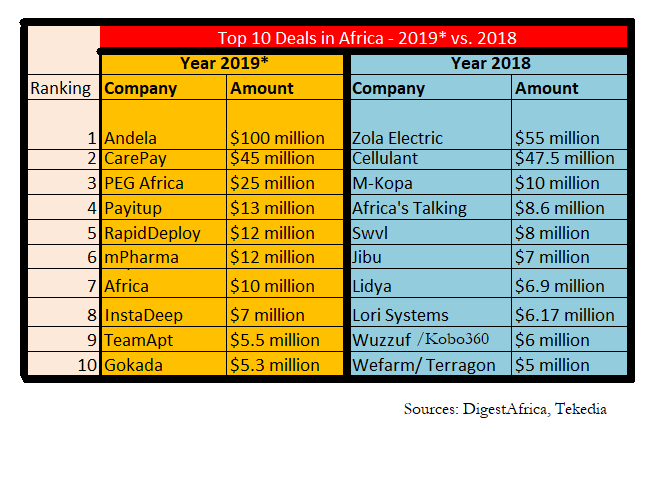Nigerian Startups Max.ng and Releaf Group Secure $200k From Harambe Entrepreneur Alliance
Two Nigerian startups, bike-hailing startup Metro Africa Express (Max.ng) and agritech venture Releaf Group have both secured $200,000 from newly launched Harambeans Prosperity Fund $1 million fund. Harambe Entrepreneur Alliance launched the fund to support its African portfolio companies affected by the economic challenges of the Covid-19 pandemic.

“One of the challenges of the African entrepreneurial ecosystem is that it is still in its early days,” Lewis-Gayle told TechCabal. “Therefore, we don’t quite have enough investors, enough experienced talent for the different parts of the venture,” Harambe Entrepreneur Alliance’s founder Okendo Lewis-Gayle told TechCabal, an Africa-focused online tech magazine.
Here Is What You Need To Know
- Harambeans Prosperity Fund is simply a fund for Harambeans, so called if you are referring to some sort of a social club where members pool together or source funds to support members. Harambeans Prosperity Fund usually follows a set of self-made rules in choosing where and whom to invest in. The Alliance is looking to invest up to between $25,000 and $100,000 in startups founded by its members, the Harambeans, from its $1 million coronavirus response fund. The Alliance has since poured some of the fund (about $200k) into two Nigerian startups — mobility and logistics startup Max.ng and agritech startup Releaf Group.

Investments In Metro Africa Xpress (MAX) and Agritech Startup Releaf Group
Harambe’s first investment came by way of $100,000 in equity funding to Metro Africa Xpress (MAX), the Lagos-based mobility company that has since pivoted to logistics to adapt to the raging economic disruption caused by the coronavirus. Apart from the pivot, MAX.ng seems already traumatised by the recent ban on commercial bike riding in the Nigerian largest city of Lagos, a move that has commercially affected the operations of ambitious bike-hailing startups seeking to help the city solve its lingering transportation problem. Metro African Xpress was co-founded by Adetayo Bamiduro who became a Harambean in 2015.
The second $100,000 went by way of debt funding to Releaf Group, a Nigerian online marketplace that connects buyers and sellers of agribusinesses to customers in Nigeria, and Africa at large. Releaf Group was co-founded by two Harambeans, Emmanuel Udotong and Ikenna Nzewi.
“What we suspect is 70% to 80% of non-VC backed startups could vanish over the next three to six months,” said Okendo Lewis-Gayle, Chairman of Harambe. “What this moment requires us to do is to begin to reimagine our business model [and] repurpose our assets.”
A Look At Harambe Entrepreneur Alliance
The Alliance was founded in 2008 by Okendo Lewis-Gayle. It supports innovators in developing solutions to problems on the African continent. Lewis-Gayle describes the alliance as an ecosystem that allows founders to learn from each other and grow together. By joining Harambe, he said, members can leverage each other’s experience and network to grow. During this pandemic, the Harambeans organized virtual knowledge transfer sessions on building high performance teams by raising funds and serving customers.
- Harambe is supported by a number of partners, including the American company Cisco Systems and the Oppenheimer Generations, a foundation of Nicky and Jonathan Oppenheimer in South Africa.
- Since 2008, Harambean companies have raised more than $ 500 million and created more than 3,000 jobs. Notable investors include TLCom Capital, Google Ventures, YCombinator, Breakthrough Energy Ventures, Chan Zuckerberg Initiative and Alibaba.
- According to a recent press release, this record of “stellar track” funding by its members has unlocked up to $ 9,000,000 in additional capital for the Harambeans Prosperity Fund.
Want To Join The Alliance?
Applications are on a continuous basis.
“With over 3000 applications per year and 30 spots in each class, our competitive selection process enables us to assemble an exceptional cadre of African innovators.
Join us and help us Build Africa’s Future.
Early Admission Deadline: October 31, 2020
Regular Admission Deadline: November 16, 2020,” the startup notes on its website.
Charles Rapulu Udoh

Charles Rapulu Udoh is a Lagos-based lawyer who has advised startups across Africa on issues such as startup funding (Venture Capital, Debt financing, private equity, angel investing etc), taxation, strategies, etc. He also has special focus on the protection of business or brands’ intellectual property rights ( such as trademark, patent or design) across Africa and other foreign jurisdictions.
He is well versed on issues of ESG (sustainability), media and entertainment law, corporate finance and governance.
He is also an award-winning writer.





